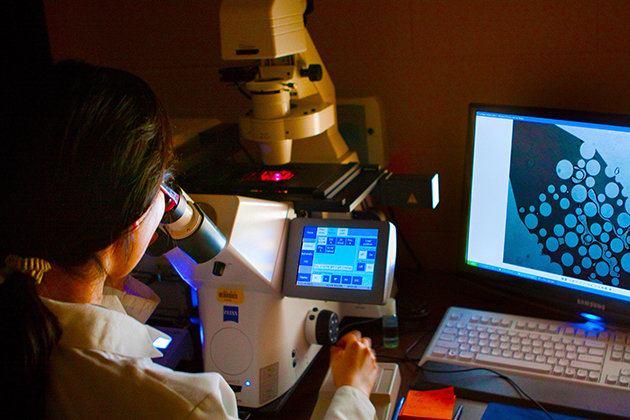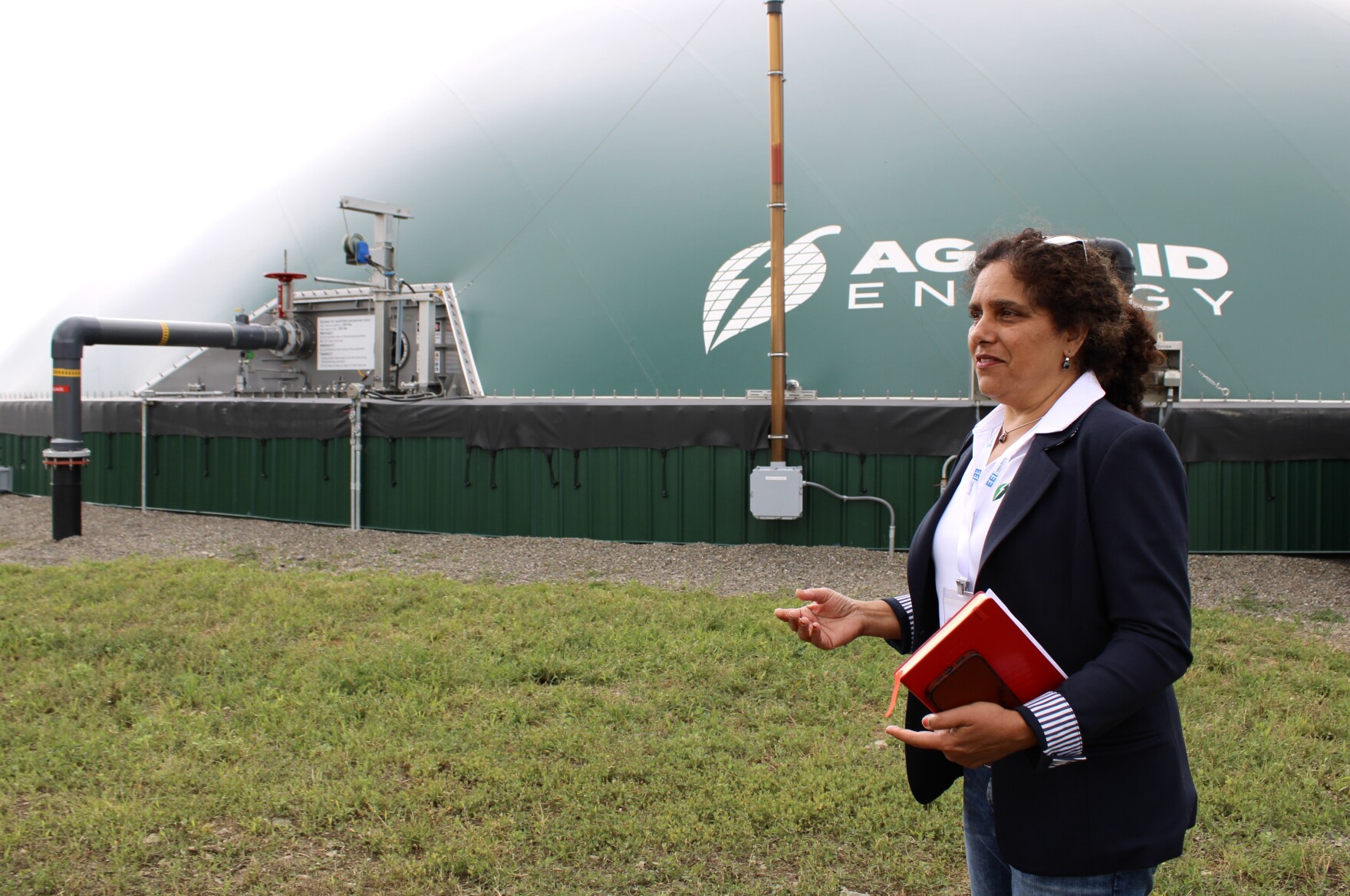
The University of Connecticut has secured five awards in a highly competitive federal grant program to attract talented graduate students who will specialize in critical areas of nursing, education, and engineering.
The U.S. Department of Education recently notified UConn that it will receive more than $2.1 million over the next three years as fellowship aid to graduate students in those programs. UConn has received 13 such grants in the past seven years through the prestigious federal initiative, known as the Graduate Assistance in Areas of National Need (GAANN) program.
The awards recognize the quality of the University’s graduate programs and its commitment to helping students launch successful careers in fields that are critical to the nation’s economic and social well-being. The GAANN Fellows program will also help UConn focus on enhancing diversity as part of its work to recruit and retain talented graduate students in those fields.
“UConn has enjoyed a long history of collaboration with the U.S. Department of Education’s efforts to improve graduate education,” says Kent Holsinger, interim vice provost for graduate studies and dean of the Graduate School.
He called the GAANN Fellows program “the premier graduate fellowship program for training students in academia, industry, government, and entrepreneurship,” and congratulated the UConn applicants for their “strong contribution and leadership in meeting the areas of national need through this program.”
The five GAANN awards and their project leaders are:
- E. Carol Polifroni, School of Nursing. The school will provide GAANN Fellows awards for doctoral students in its Ph.D. program to help prepare them for educational leadership roles. That will encourage students to teach and conduct research in nursing, thereby helping nursing schools expand enrollment and educate more potential nurses to alleviate the nation’s ongoing shortage in that profession.
- C. Barry Carter, Department of Chemical, Materials, & Biomolecular Engineering; collaborating with Radenka Maric and Christopher Cornelius.
GAANN Fellows in this program will work on the design, manufacture, and testing of miniaturized batteries and motors that derive their energy from MEMS (microelectromechanical systems) and NEMS (nanoelectromechanical systems). They are used in miniaturized fuel cells, personal solar power, and batteries for small devices such as those used in medical implants, or where larger devices depend on the smaller-scale structures to satisfy energy needs. - John Chandy, Department of Electrical & Computer Engineering; collaborating with Bahram Javidi, Aggelos Kiayias, Jerry Shi, Alexander Shvartsman, Mohammad Tehranipoor, Bing Wang, and Lei Wang.
Their program’s GAANN Fellows will participate in ongoing research and training to increase the security of computer systems, an area critical to the national interest because computers are such a pervasive part of everyday life. The research focus builds upon, and extends, a previous successful GAANN program for which Chandy was also the lead investigator. - Mun Choi, Office of the Provost, collaborating with Baki Cetegen, Peter Luh, Radenka Maric, and Prabhakar Singh from the School of Engineering.
Their project will immerse GAANN Fellows in the development of new and sustainable clean energy technologies. Fuel cells, wind and solar power, gasification, carbon sequestration, and distributed power are among the technologies under exploration that GAANN Fellows may help to advance at UConn. A facet of the research plan involves training the Fellows in entrepreneurship and commercialization to help them translate laboratory discoveries into marketplace solutions in clean energy. - D. Betsy McCoach, Neag School of Education, collaborating with Hariharan Swaminathan, H. Jane Rogers, Megan Welsh, and Chris Rhoads. They are working on a strategy to increase the number of highly skilled psychometricians and educational research methodologists. The nation’s push for more accountability in education requires more experts in the field of educational measurement, assessment, and evaluation. Graduates of their program are expected to contribute to the nation’s understanding of learning, academic growth, and educational effectiveness.
Graduate students receiving GAANN fellowships must demonstrate financial need; have an excellent academic record; plan to pursue the highest degree in the field; and qualify under other residency, citizenship, or related rules.
“Studies and statistics confirm that, even in a tough economy, additional education translates into increased opportunities for workers,” says U.S. Rep. Joe Courtney, D-Conn., who recently announced the awards. “With this funding, UConn will continue to educate the leaders of tomorrow in critical areas like nursing and engineering that will fuel our economic growth for decades to come.”


